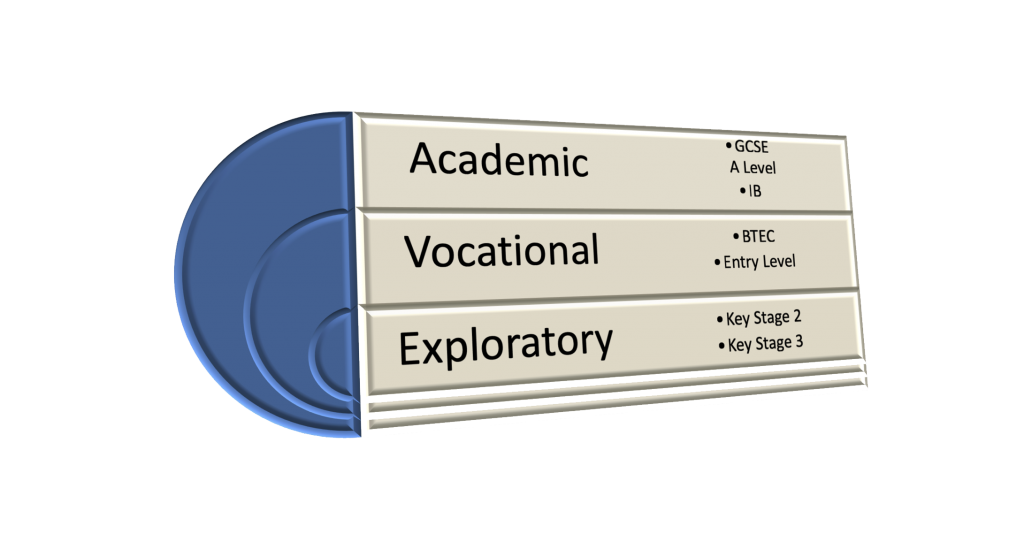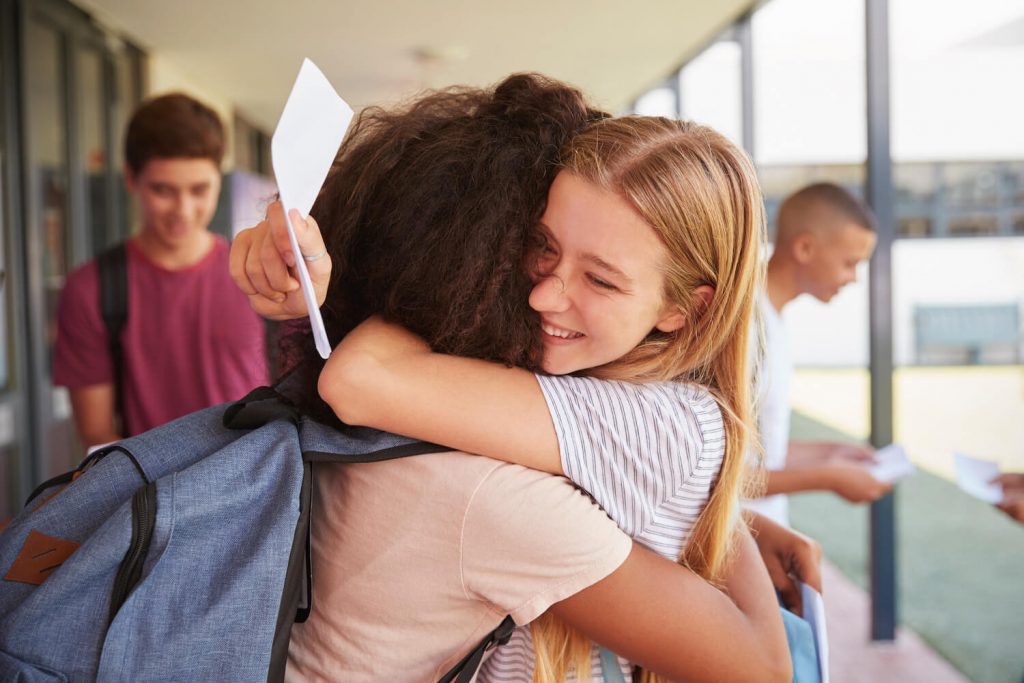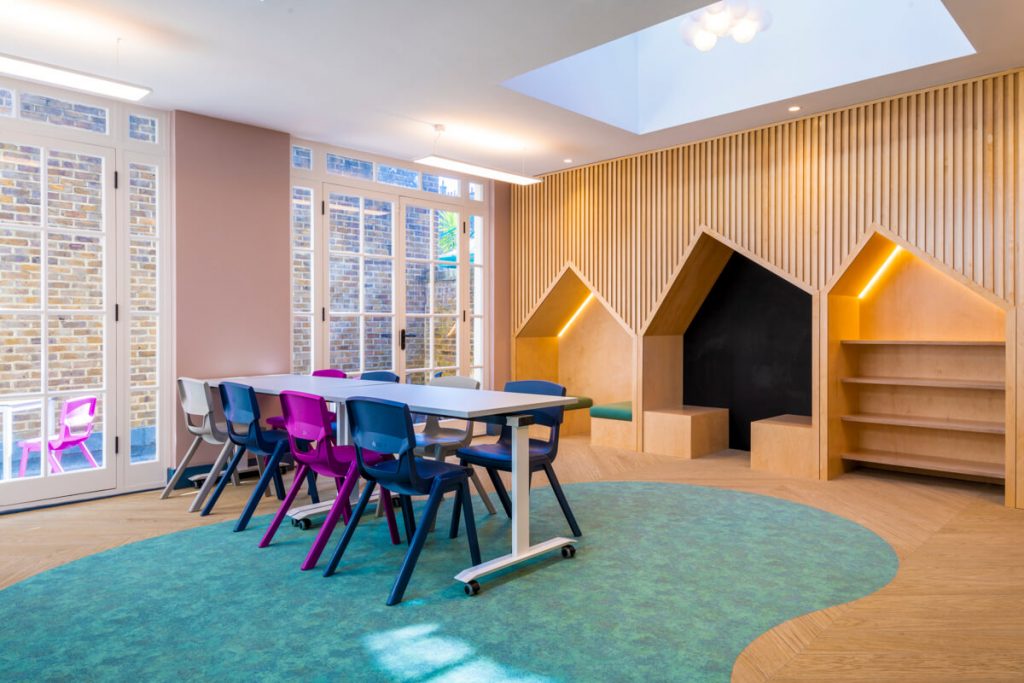Fostering engagement with learning – a curriculum for all
Our broad and balanced curriculum is relevant, flexible, creative and enabling and is based on a trauma-informed, solution-focused approach.

Our Curriculum
Builds positively on what pupils already know and what they can do.
Includes well-structured opportunities to learn skills in an intensive way, and then generalise these into natural environments, developing and extending learning.
Is relevant, FUNctional and interesting for the child.
Offers opportunities for the pupils to be creative and adventurous in their learning.
Enables children to regain control and make informed stress-reduced decisions.


Fostering engagement with learning – a curriculum for all
Our curriculum is aligned to the National Curriculum and is mapped against pupils IEP’s, which are based on their EHCP outcome areas. It:
- Defines, plans and assesses the opportunities that our students get throughout the week/year and this all feeds into progress measures against the EHCP
- Provides for a wide range, breadth and depth of curriculum
- Provides for systematic continuous learning, that attributes all learning (which happens everywhere) to the EHCP outcomes
- Supports curriculum mapping through the IEP so that students can access an appropriate and meaningful curriculum, that meets their needs, through the exploration of subjects mapped against realistic yet challenging Age Related Expectations.
- Works on premiss that outstanding learning can take place anyway
- Prepares children for positive destinations



